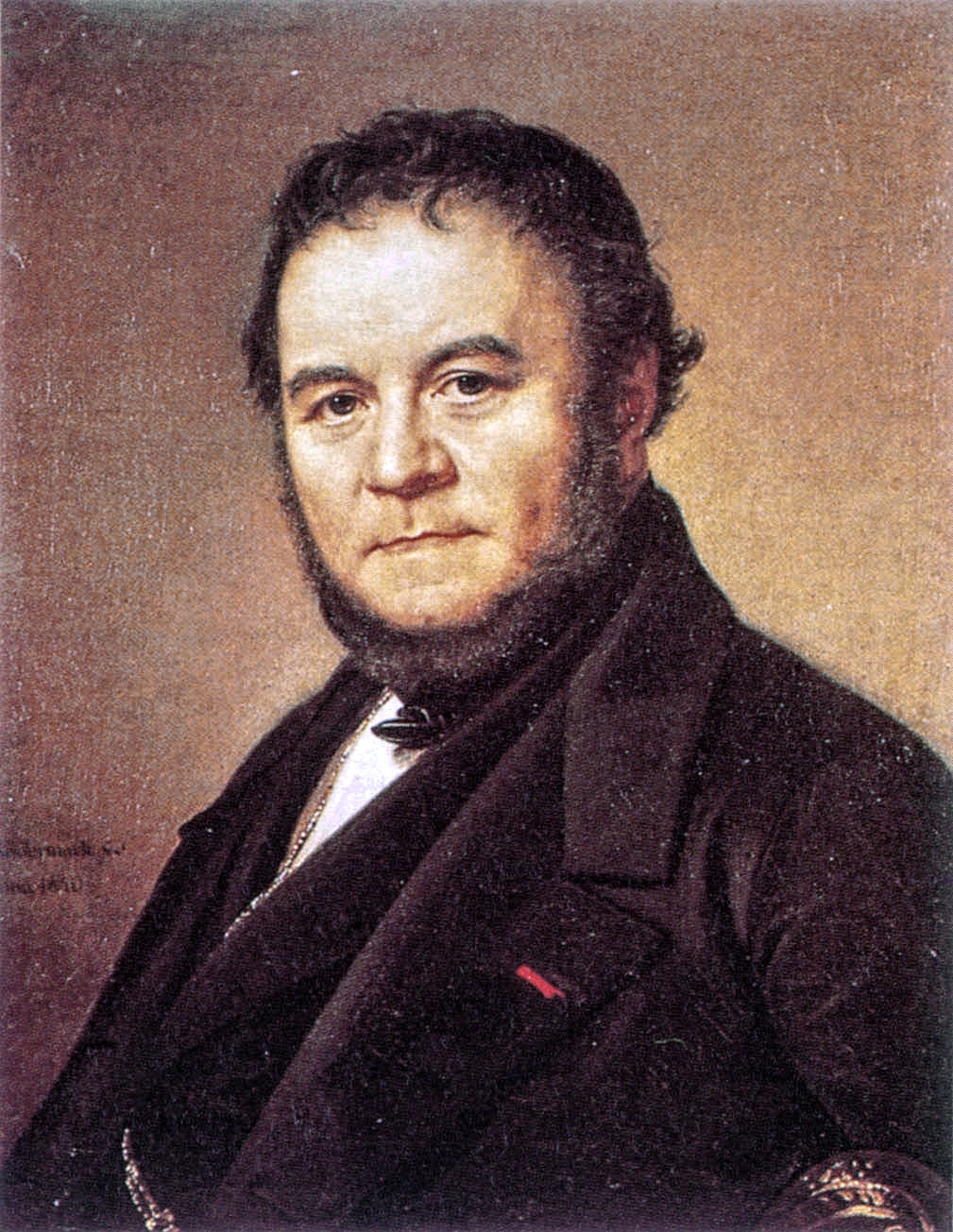On this date in 1783, Marie-Henri Beyle, a French writer better known by his pen name Stendhal, was born in Grenoble. Stendhal’s mother fell ill and passed away in 1790 when he was only 7. His mother was a nurturing influence and losing her meant the loss of a vital buffer between him and his father, who seemed to lack imagination or any of the same interests as his son. His father had other individuals help care for Stendhal, including a Jesuit tutor who prevented him from gaining a sense of independence by blocking him from achieving important personal goals such as learning how to swim. The tutor belittled and dissuaded him by insisting he would drown if he tried. Such events resulted in his loss of faith in religion.
Stendhal’s quest for personal autonomy was a motivating factor in his journey toward becoming one of the most original and complex writers of his time. He is best known for his critical analysis of consciousness among his characters. His writing communicates radical ideas on romanticism and realism, two concepts that tend to be seen as mutually exclusive. The coexistence of such principles is best represented through his 1830 work Le Rouge et le Noir (The Red and the Black).
In that novel, Stendhal stated that “the idea which tyrants find most useful is the idea of God.” He also published a collection of stories known as the Italian Chronicles, written in the 1830s. One chronicle discussed the issues of female emancipation and the relationship of women to the institutions of marriage and the church. He once wrote that “Popery and the lack of liberty [are] the source of all crimes.” D. 1842.


